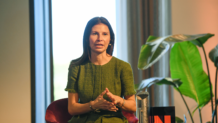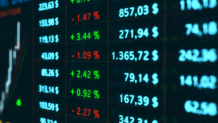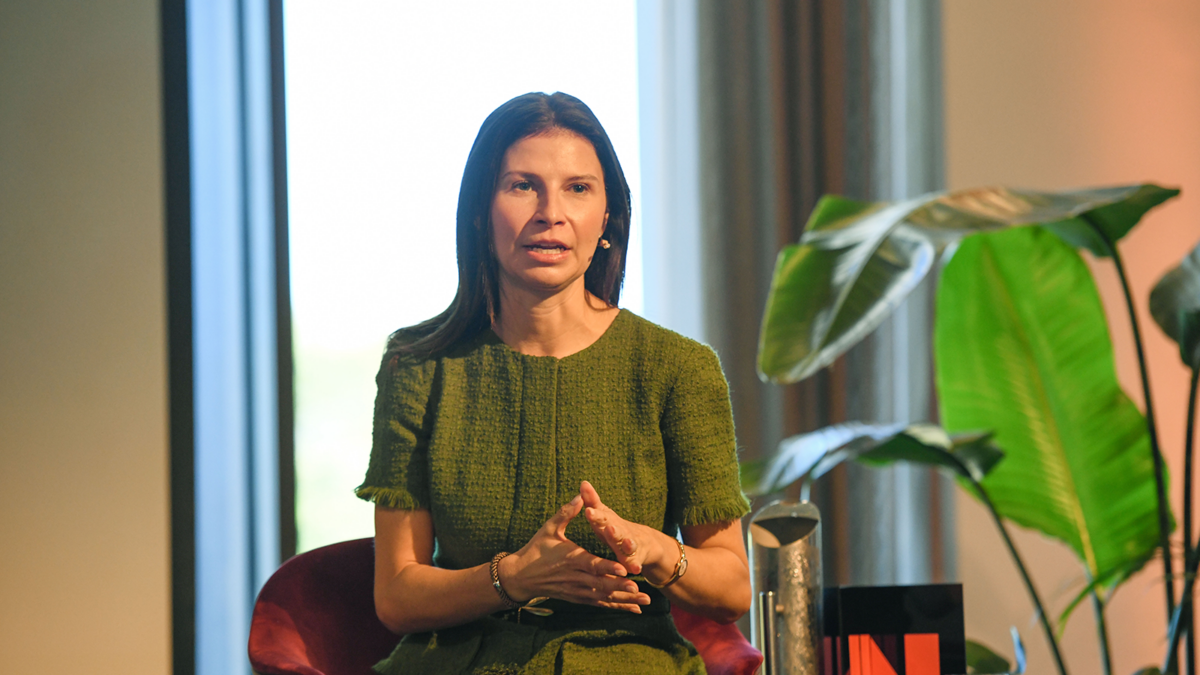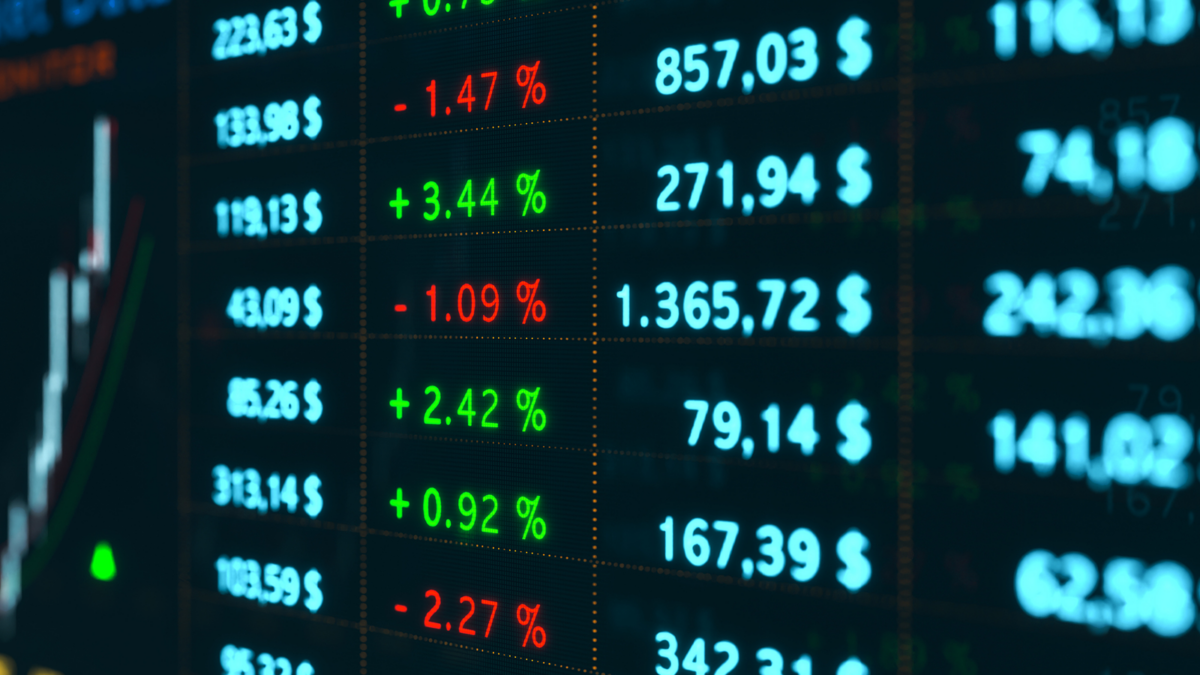Compromise is required in adaption to ESG
Don’t tell your young folk; but being good is hard. One can “veneer” an ESG, sustainable, ethical or any-nomenclature-one-likes approach, and then turn to the much more difficult decision on how that works in practice.
Take on this challenge. China produces around 90% of the global requirement for polysilicon, used in making solar panels. All of us are on board the solar energy train, but neither the supply chain nor the end result of redundant panels have not been on the radar.
Go even further into the rabbit warren. The claim is that 50% of China’s polysilicon comes from Xinjiang province, one that some believe has problematic labour practices, such that many companies have decided not to take product from this area to avoid controversy.
Further, coal-fired power stations provide much of the energy to make polysilicon. This is not a debate one wants to take to committed renewable energy advocates.
Yet ESG, or rather the current focus on climate and energy, cannot avoid these dilemmas. They are the awkward conversations that will arise when inevitably a few stocks are outed as not-quite-so-squeaky-clean as one would have liked.
Compromise is required in adaption, being better rather than perfect. It is not new, for example, as traditional retail companies have been dragged into online retail. They then found their mojo and championed this segment as their leading growth strategy. Now, along with a heightened focus on their energy sources, supply chains and labour practices, they are often on top of the ESG ranking screens.
Many companies have a stilted approach to what they want the market to think they are doing, releasing heavily curated statements intended to capture the algorithms that look for the right words in their public releases, and get them rankings in screening models. Identifying and measuring real change has to overtake such methods.
The lamest game in town is to rally behind companies that have no climate impact due to the nature of their operations rather than any commitment to a cause. The S&P500 excels in this. Its ESG score is essentially a function of sector and factor bias. As an individual screen it does not raise its head above others to validate the performance of high-ranking ESG companies.
Conversely, in Europe a purist ESG screen (absent all other factors) outperforms by a significant margin. Market cap, dividend yield, cash flow yield or quality (gearing) are there outweighed by the addition of an ESG factor screen. Healthcare and consumer staples dominate the European ESG rankings, with nary a social media company in sight.
Australian screens are a mishmash of the two regional indices. Banks are naturally low emitters (at least of dirty carbon) along with a good number of healthcare and the occasional big hitter in IT. Oddities abound in the local sustainable ETFs.
One has a top 10 holding in Transurban (ASX: TCL), itself rated as ‘clean’ on fossil fuels with no directly attributable revenue from this source and socially responsible. The fund gets a tick from the responsible investment organisations. Many would choke on their almond milk decaf latte if they knew this was the outcome of being sustainable.
It has been said before, but as we progress into the world of conscious investors the ability to back the holdings with a reasoned argument becomes ever more critical. Just like it took time to work out the pathway of other factors such as the impact of balance sheet gearing, negative cash flow and recalcitrant business models, busted token ESG will get lost to others with appropriate relevance to their customers and investors.











